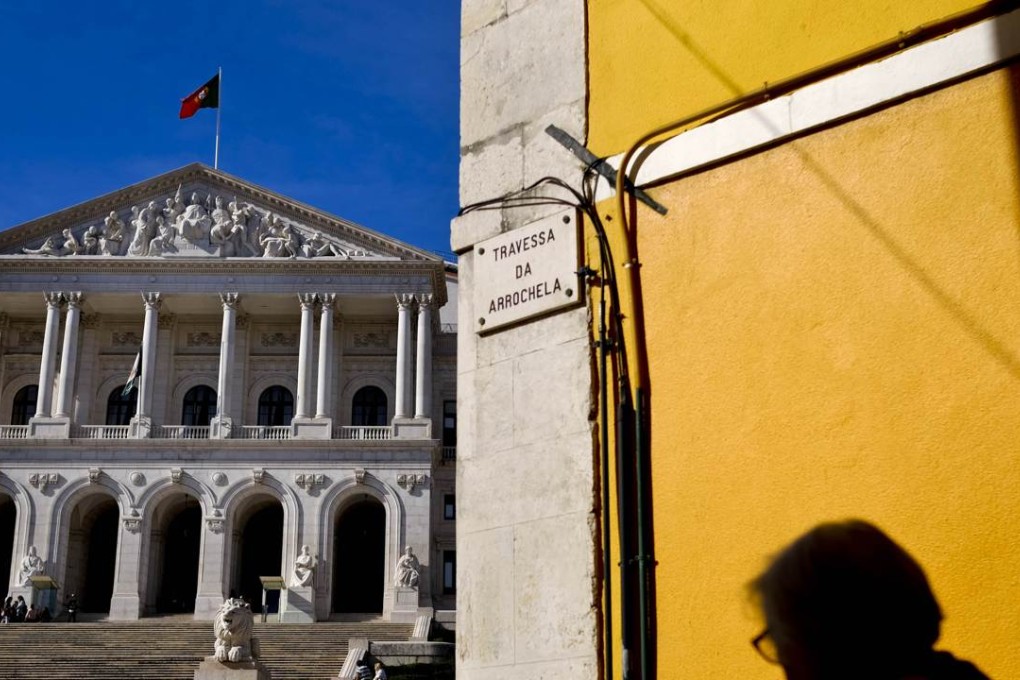What Hong Kong and Macau can learn from Portuguese autonomous regions
Jason Buhi says the constitutional status of the Azores and Madeira, Portugal’s ‘ultraperipheries’, can be a fruitful source of comparisons and contrasts for Hong Kong and Macau’s relationship with Beijing

The Portuguese influence on Hong Kong is deeper than generally known. Portuguese traders and missionaries transformed Macau into the locus of East-West intercourse three centuries before Hong Kong was colonised. The British officers who led that operation (and the Portuguese clerks who aided them) departed Macau in 1841. In 1985, the Hong Kong Legislative Council adopted functional representation based on a model practised in metropolitan Portugal since 1933 – a legacy that remains to this day.
READ MORE: Beijing chairman of Hong Kong’s basic law committee takes a look at Portuguese democracy

First, the two Portuguese autonomous regions (PARs) are recognised in the constitution, and their rights are spelt out there rather than in separate Basic Laws. This grants them some permanency in that their privileges can only be extinguished via a burdensome constitutional amendment process. Nonetheless, neither has the right to directly participate in any constitutional revision. Although Hong Kong and Macau are not specifically named in the 1982 Chinese Constitution, they do enjoy the protection of two bilateral treaties (the Sino-British and Portuguese joint declarations, respectively) and the basic laws, which insure another 30-odd years of autonomy. Portugal, on the other hand, has ratified the International Covenant on Civil and Political Rights, guaranteeing fundamental rights protected by the UN with no expiration date.
The Portuguese autonomous regions are tightly under the economic control of Lisbon. The rules governing their finances and monetary policy are expressly within the purview of the national assembly
Second, although their legislative assemblies are elected by universal suffrage, the PARs’ autonomous legislative power is weak. While their legislators are elected once every four years via a popular vote tempered by party-list proportional representation, they enjoy only a “partially exclusive responsibility” to legislate in areas not foreclosed by the national assembly. Unlike the list of national laws that apply to Hong Kong and Macau in the annexes of their basic laws, the list of competencies reserved exclusively to Lisbon in Article 164 of the constitution is quite long. It includes jurisdiction over criminal, monetary and fiscal laws. Although Hong Kong and Macau’s legislatures are still hamstrung by archaic functional representation, they enjoy a significantly broader substantive sphere of legislative matters not reserved to the sovereign.


As the Azores and Madeira each have a population of roughly 250,000 and no notable industry, it is understandable that Portugal would be hesitant to create a more distinctive status for them.